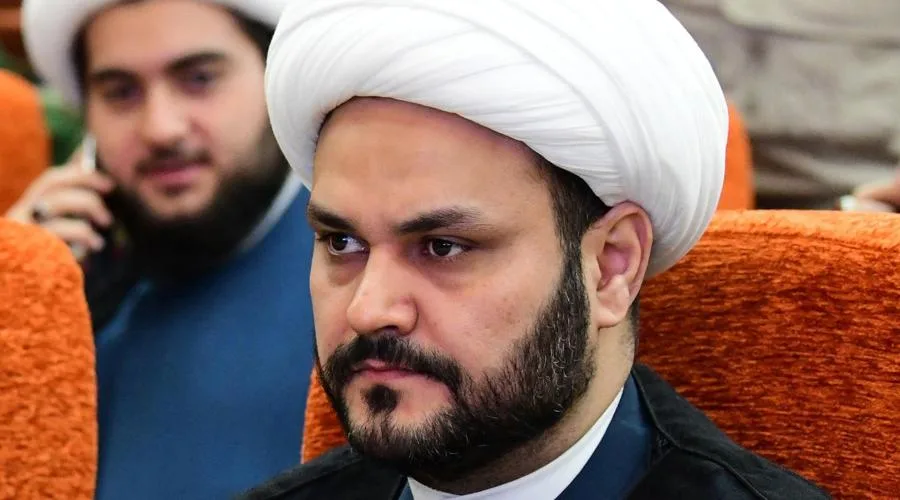An Iran-backed militia in Iraq, known as the Al-Nujaba militant group, has declared its intention to persistently target United States forces, despite a recent drone attack on a US base in Jordan that claimed the lives of three American service members. The group’s leader, Akram Al-Kaabi, has rejected the decision made by Iran’s influential Iraqi proxy, Kataib Hezbollah, to suspend operations against US forces in the region. Al-Kaabi stated that attacks on US troops will only cease when American forces withdraw from Iraq and Israeli military operations halt in Gaza.
This development raises concerns about Iran’s control over the militant groups it supports, trains, and arms in the region. Despite the potential risk of a significant escalation that could lead to a confrontation between Iran and the US, some of these groups continue to target American forces.
The US believes that the Islamic Resistance in Iraq, an umbrella group of Iran-backed militants, was responsible for the drone strike on the Jordan base and is now preparing to respond. This attack marked the most severe incident targeting US forces in the Middle East since Hamas’ assault on Israel on October 7 and the first in which US troops lost their lives.
Akram Al-Kaabi, who is designated as a Specially Designated Global Terrorist (SDGT) by the US, emphasized that his group will not be intimidated by US threats. He warned that any targeting of his group would be met with an appropriate response.
US officials have expressed concerns about the actions of Iran’s proxy groups in Iraq, Syria, and Yemen, as these militia attacks pose a threat to the global economy. There are indications that the Iranian leadership is apprehensive about the behavior of these groups, according to multiple sources familiar with US intelligence.
Iran has consistently stated that it does not seek conflict. Iranian President Ebrahim Raisi reiterated this stance, asserting that his country will not initiate any war but will respond strongly to aggression. He made these remarks during a televised speech in the southern Iranian Hormozgan province.
Since the start of the war in Gaza on October 7, American troops have faced approximately 166 attacks in Iraq and Syria. In response, the US has conducted a series of strikes in Iraq, Syria, and Yemen. Despite multiple airstrikes by US and UK forces, Yemen’s Houthis have continued to target US interests.
Last month, a US strike in Iraq resulted in the deaths of two members of Al-Nujaba, including a prominent commander involved in planning and executing attacks against American personnel. The US has also targeted Kataib Hezbollah in its efforts to counter these threats.
In conclusion, the Al-Nujaba militant group’s determination to continue striking US forces in Iraq, coupled with Iran’s potential lack of control over its proxy groups, poses a significant challenge for the Biden administration. As the US considers how to retaliate against the recent drone attack, the situation highlights the ongoing tensions between Iran and the US in the region.

